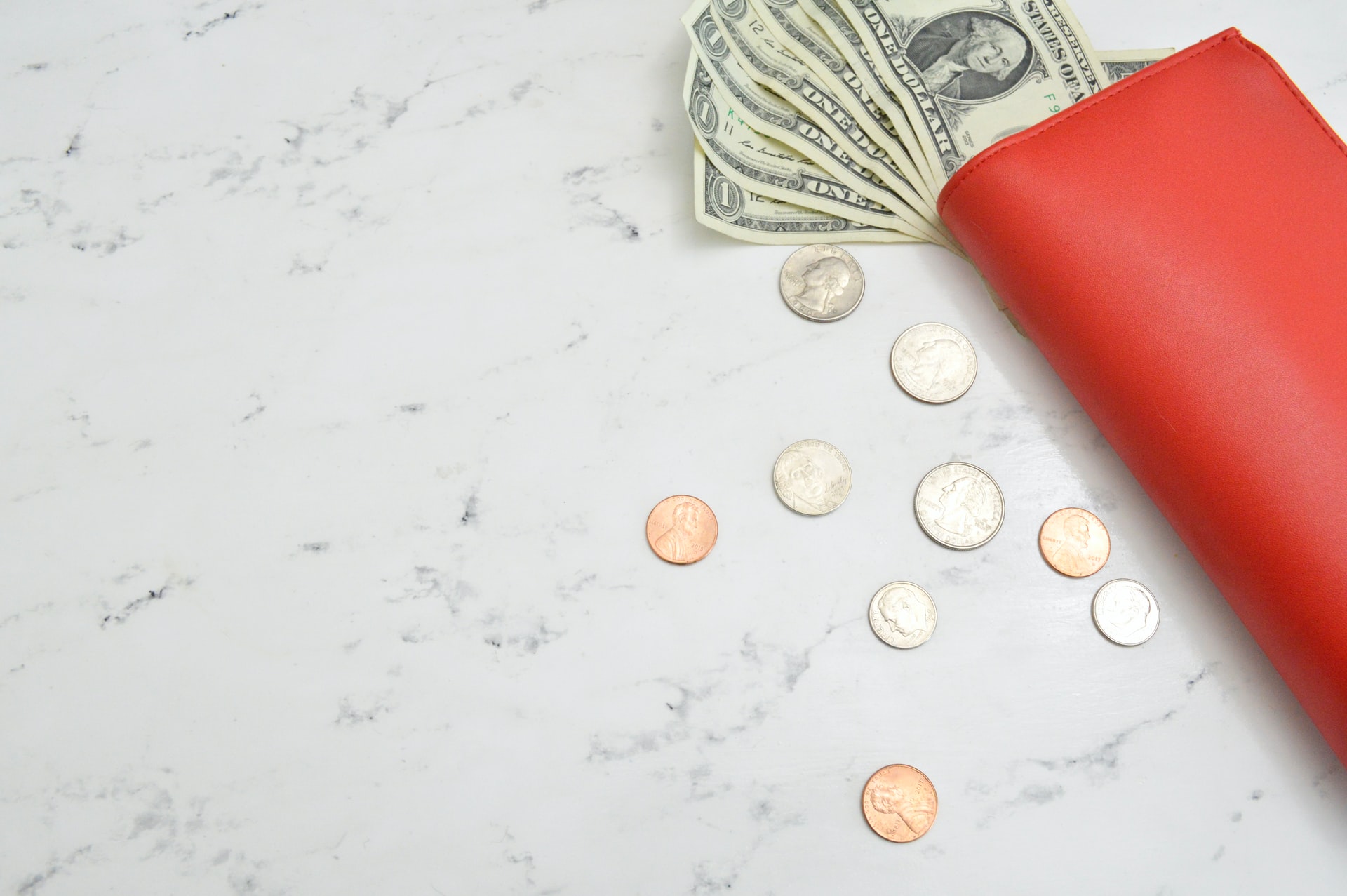Avoiding Loan Delinquency
If you have a loan and are struggling to make the payments, you could end up falling into loan delinquency. Delinquency can be a big problem, although if you take some steps to get yourself back on track, you won’t fall further behind. If you want to know more about how to avoid or get out of loan delinquency, then here are some useful tips to help you do just that.
What is delinquency?
Loan delinquency is when you fall behind with your monthly repayments. If you are late with just one payment, then you are technically classed as delinquent. Loan and credit repayments will appear on your credit report, so slipping into delinquency can seriously harm your credit rating. Also, if you are frequently delinquent with your loan repayments you could end up in default.
Delinquency to default
If you are continually delinquent with your payments, then you could end up in what is known as loan default. This means you have failed to pay back your loan due to persistent non-payment or late payment. If this happens, you could end up having to pay the whole amount back at once or have your possessions taken from you. You could even end up in court if you cannot pay the amount back. This will have serious consequences for your credit report, and it may take years for you to repair the damage.
Budget for your loan
The first way to avoid loan delinquency is to budget for your loan before you even take it out. Make sure that you will be able to afford the monthly repayments even if you are having a tough month financially. If possible, have savings in place to cope with emergencies so that you never slip into delinquency. If your budget accurately then you are much less likely to have delinquency problems.
Pay by Direct Debit
Although many loans require you to pay by Direct Debit if you have one that does not then make sure you still pay this way. Paying by Direct Debit will ensure you never forget to pay on time. Simply make sure you have enough funds in your account at the right time each month and the payment will be done for you. This will stop you from accidentally paying late and so slipping into delinquency.
Repayment holiday
If you think you are going to slip into delinquency but that it will be a temporary problem, you could ask your lender for a repayment holiday. Many loans come with this facility, which allows you to take a month or two off from payment in order to straighten out your finances. However, you need to remember that you will still pay interest in these months and your loan period will be extended.
Get help
If your delinquency is threatening to end up with you in default, then seek help from your lender or a financial advisor. The quicker you begin to sort the problem then the quicker you will get yourself out of debt.










